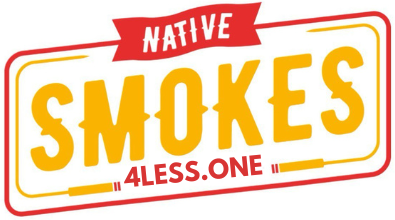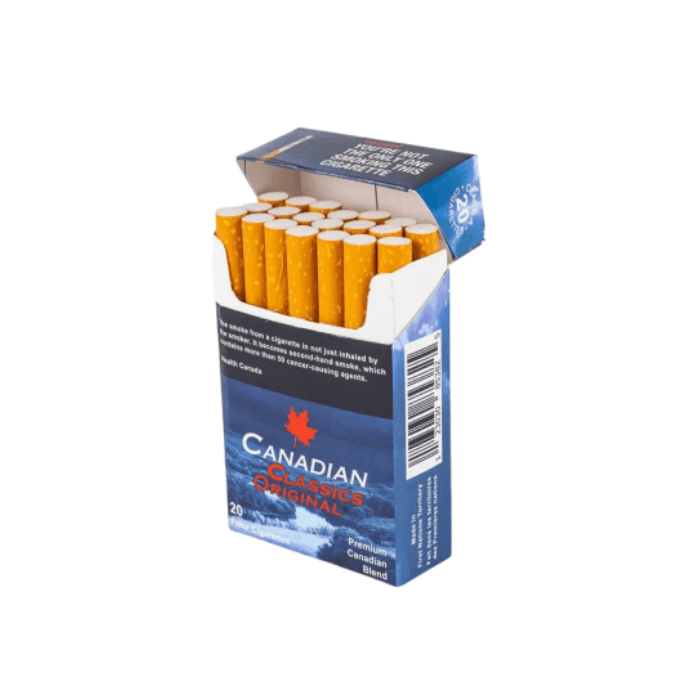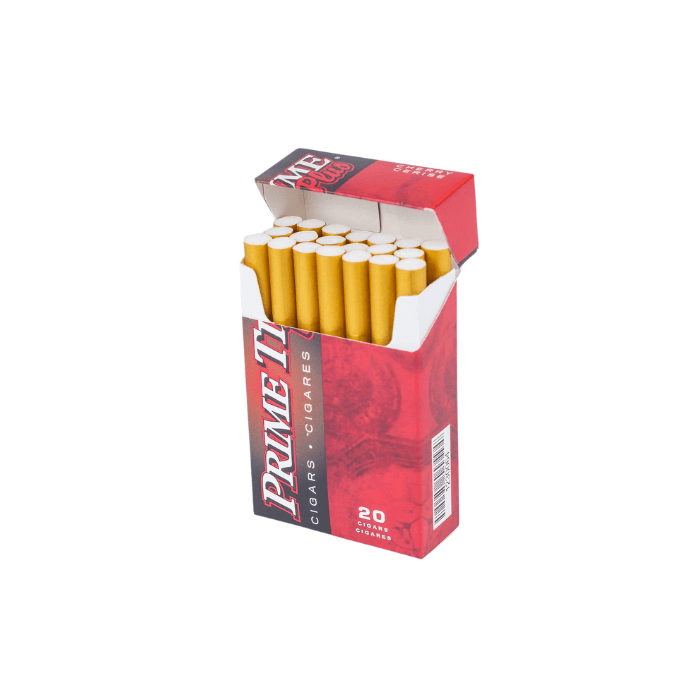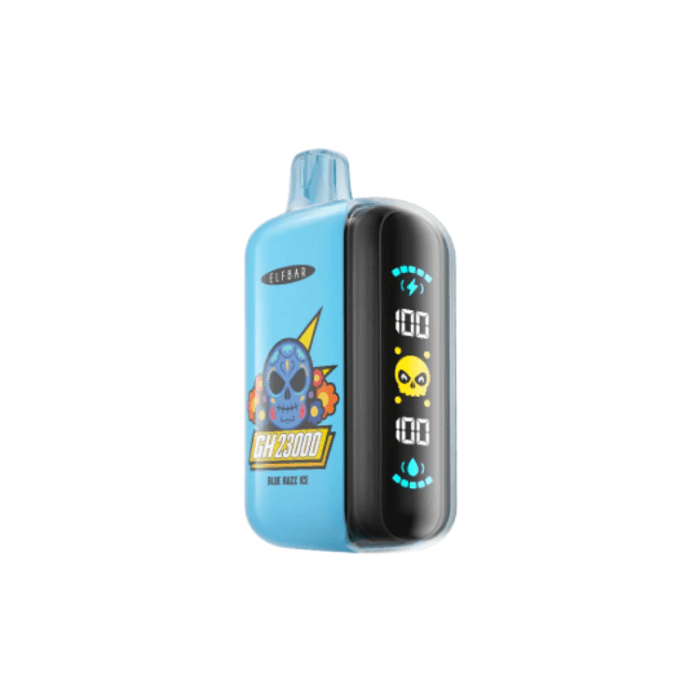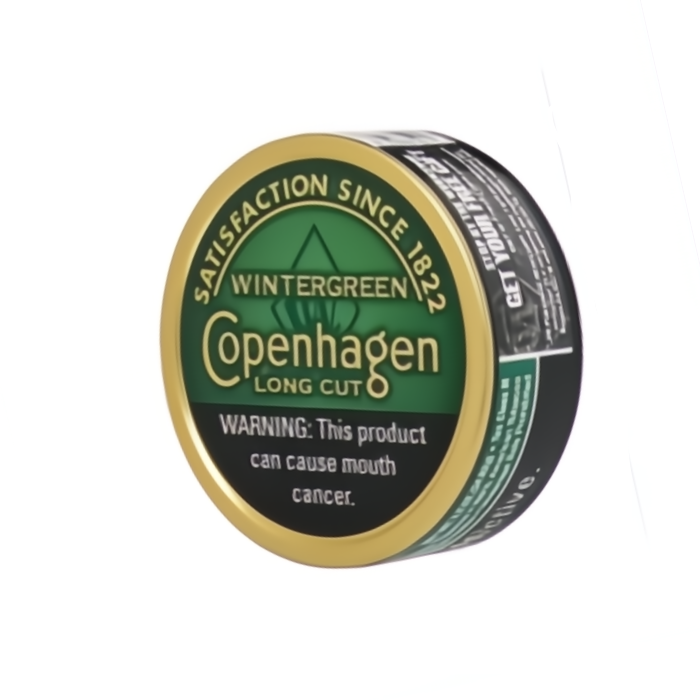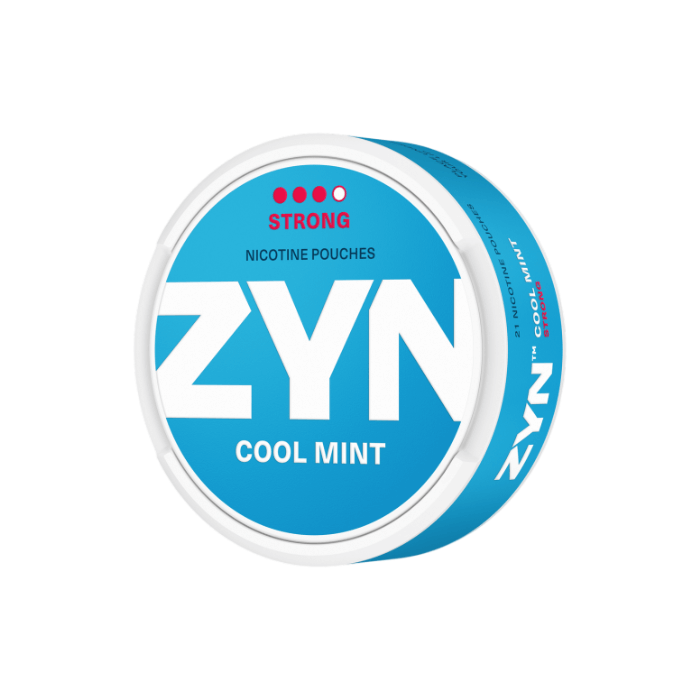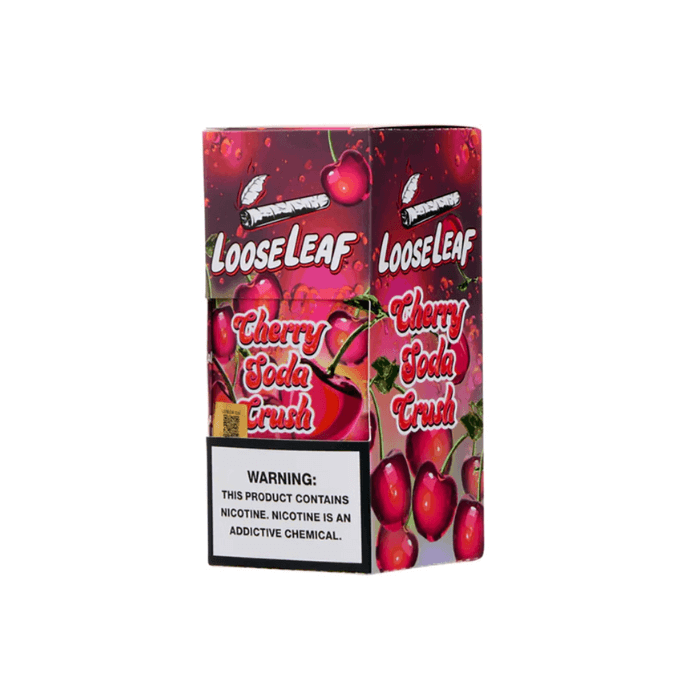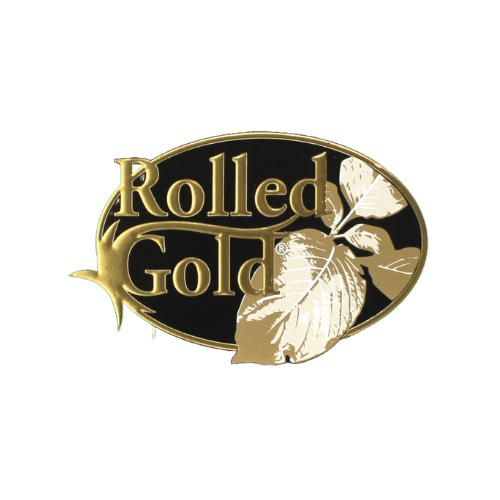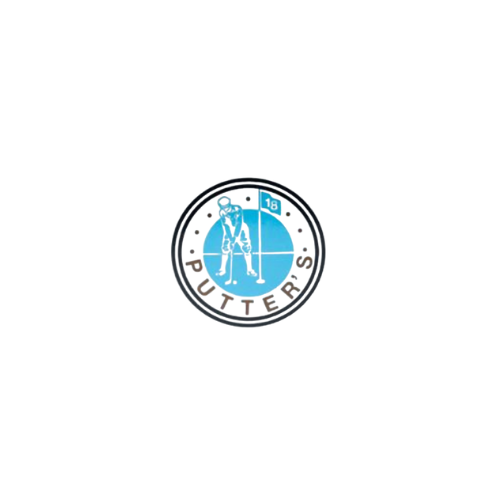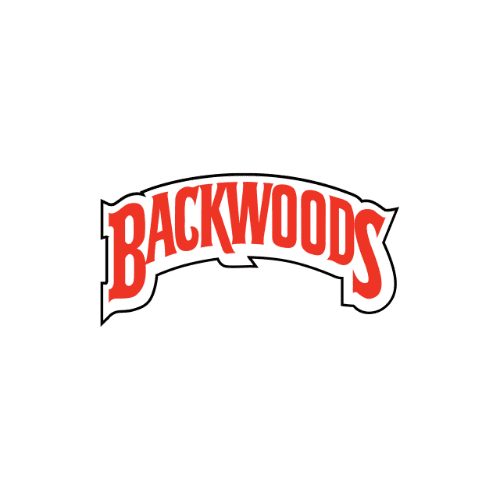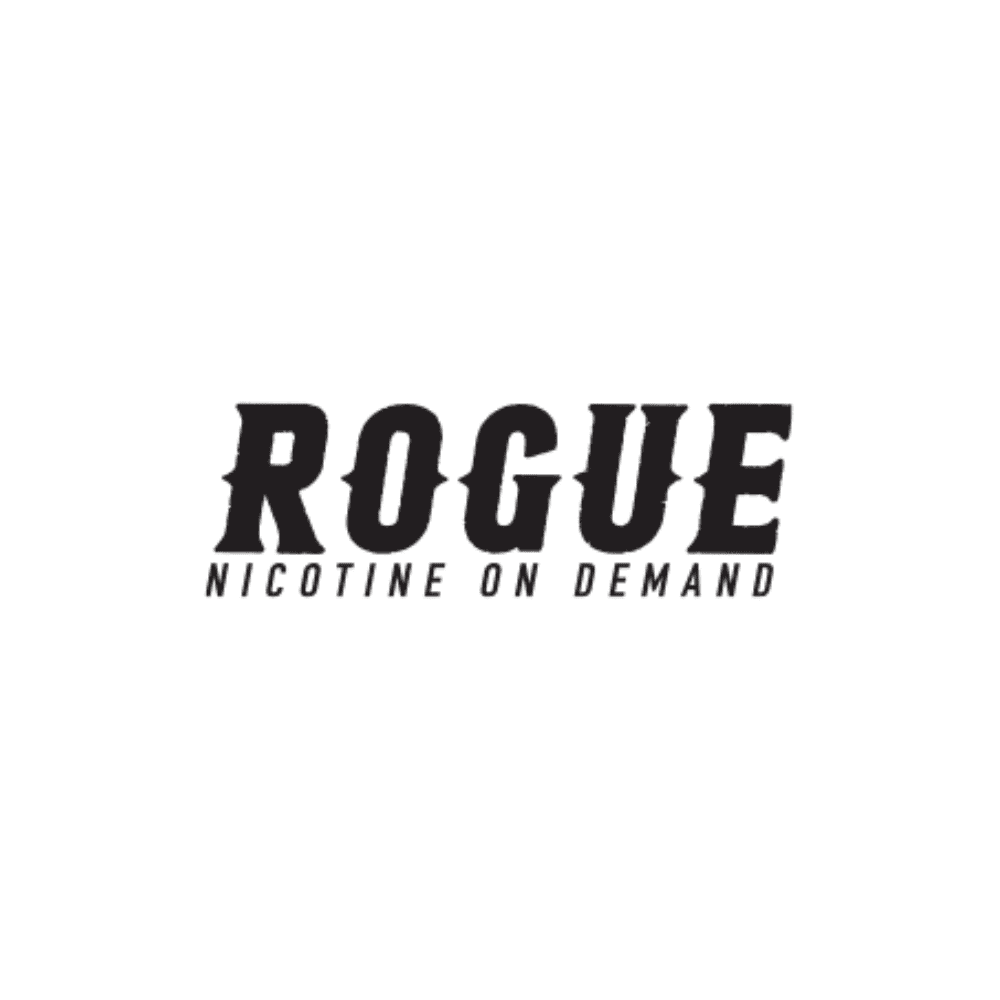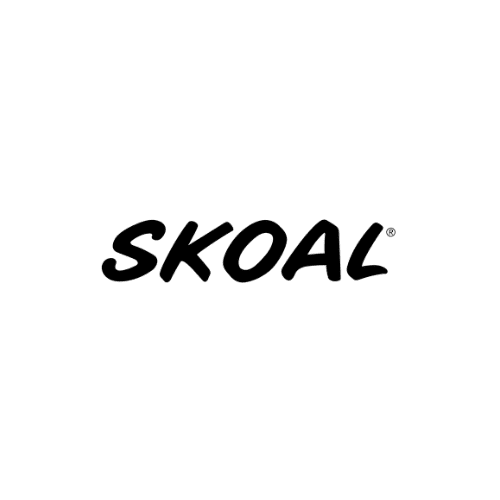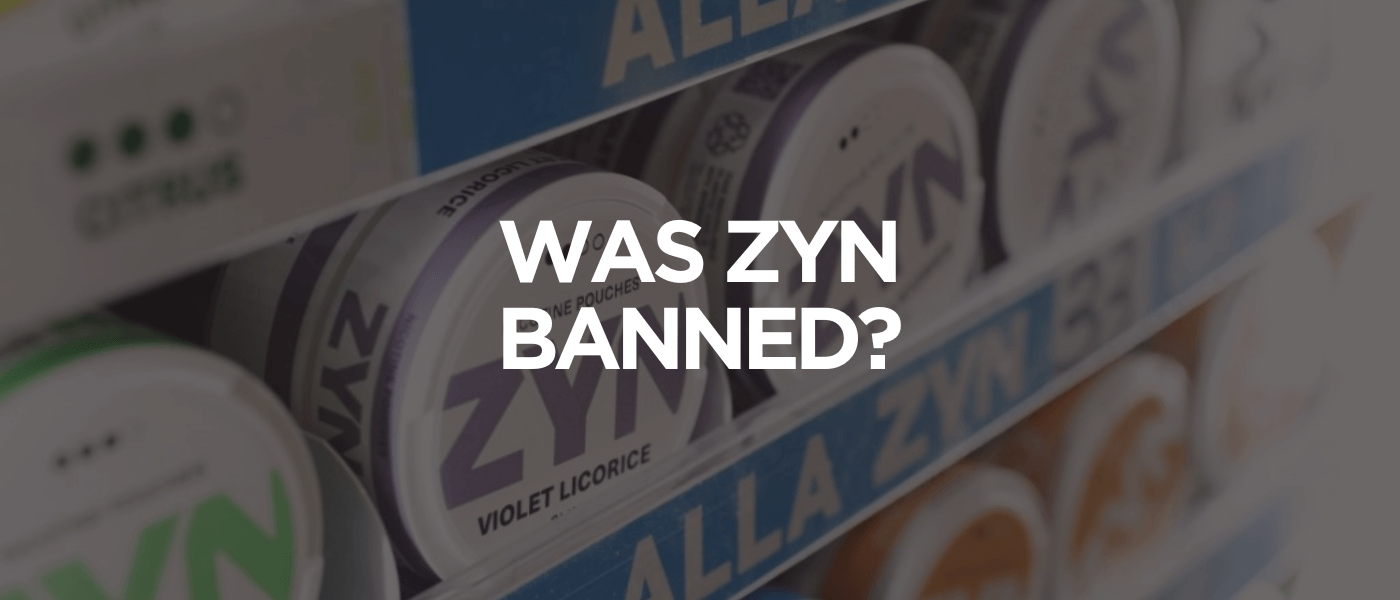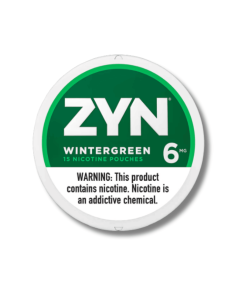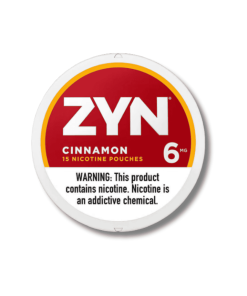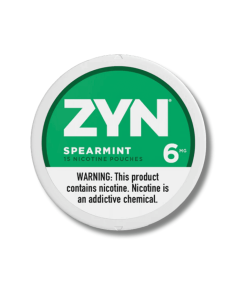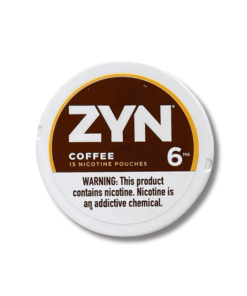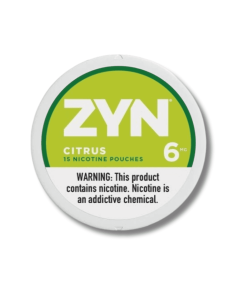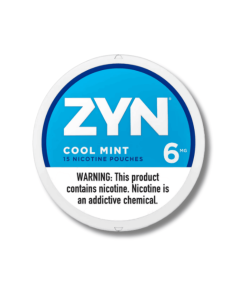Laws, News and Updates, Nicotine Pouches, Zyn
Was Zyn Banned?
Let’s be honest—Zyn has stirred up more buzz than it probably meant to. What started as a discreet little tin tucked into back pockets and glove compartments suddenly found itself at the center of headlines, health debates, and heated group chats. One minute you’re popping a pouch after lunch, the next you’re hearing whispers that it’s been banned.So, here’s the straight goods—what’s actually happening with Zyn in Canada and beyond, why some folks think it disappeared overnight, and what’s really going on with the flavors, the nicotine levels, and the law. No fluff, no alarm bells—just a clear-headed breakdown that actually makes sense. Let’s dig into it.
Is There a Canada Zyn Ban?
This is where things get a little murky. Officially, there’s no flat-out Canada-wide ban on Zyn or other nicotine pouches. But the situation is… complicated. Health Canada didn’t exactly roll out a red carpet for these new products, especially with the growing popularity of oral nicotine pouches marketed as sleek, spit-free alternatives to smoking. Instead, they hit pause and started asking some serious questions.
Zyn, along with similar nicotine products, landed smack in the middle of a growing debate around flavored tobacco products, marketing strategies, and what counts as an authorized nicotine pouch under the Tobacco Control Act. Health Canada raised concerns about how some brands might be skirting existing rules designed to prevent nicotine addiction, especially among younger users. They flagged certain tins for including artificial or natural flavor elements that could be seen as targeting youth—cue the scrutiny around flavoured nicotine pouches.
While many people think of pouches like Zyn as a cleaner, quieter way to consume nicotine, Canadian regulators haven’t fully embraced them as legitimate nicotine replacement therapies or a reliable smoking cessation aid. Organizations like the Canadian Cancer Society have chimed in too, warning that oral pouches might still carry significant health risks, even without the tobacco smoke. Their argument? Just because something doesn’t burn doesn’t mean it’s harmless.
The government’s position seems to be that until these pouches are fully vetted, anything outside of approved medical products could be seen as unauthorized nicotine pouches—meaning they can’t be legally sold, at least not without some serious red tape. And while a few health experts admit these products might help adults quit smoking, they’re still cautious about giving them a green light without more research.
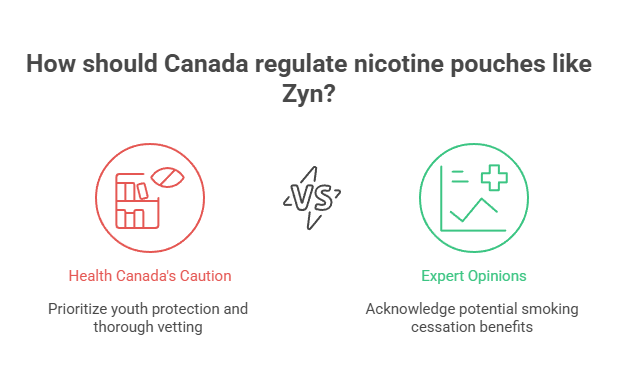
Zyn Flavor Ban
Ah, flavors—the heart of the controversy. From Cool Mint to Citrus, and that elusive Coffee blend, Zyn flavors have always been part of the appeal. Let’s face it, nobody’s lining up for something that tastes like drywall and regret.
But flavors also tend to raise red flags for regulators. The concern? They think flavors are a sneaky way of making nicotine pouches appealing to younger folks. This is where the Zyn flavor drama really kicked into gear. Health officials started asking some serious questions: Are these flavors designed for adults or cleverly disguised to hook the younger crowd?
That sparked a push to restrict certain flavored products or tighten up the rules on how they’re sold and marketed. Some outlets voluntarily removed flavored Zyn products from their shelves, especially the ones with names that sounded like candy aisle specials.
Still, there’s no nationwide flavor ban in Canada—yet. But the whispers are there, and it’s not just Zyn in the hot seat. Other brands in the nicotine pouch scene are feeling the pressure, too. It’s like the cool kids at the party got a little too loud, and now the host (a.k.a. the government) is threatening to shut it down unless they behave. zyn
6MG Zyn Ban
Now here’s where the conversation gets a little granular—right down to the milligrams. The 6MG Zyn pouch, a favourite for folks looking for that mid-tier buzz, found itself in hot water recently. Not banned in the official sense, but it’s definitely been pushed off the shelves in certain areas, especially convenience stores and gas stations that didn’t want to risk stepping on legal landmines.
So what’s the issue with 6MG? It’s not so much the number as what it represents. Health officials, including Health Minister Mark Holland, have voiced concern that products like this—especially when they come with sleek packaging and characterizing flavor options—could hold youth appeal, even if they’re technically targeted at adult smokers.
Behind all the chatter is a larger move by the federal government to tighten rules around smokeless tobacco products and nicotine delivery systems that live outside the usual pharmacy counter options. Products like Zyn haven’t been classified the same way as traditional nicotine replacement therapies, and that’s caused a lot of grey area in enforcement. The lack of clarity left smaller retailers guessing—and in many cases, guessing wrong.
One major player in this whole drama is Imperial Tobacco, which markets Zyn in Canada. Their push into the Canadian market came with aggressive flavor profiles, slick branding, and a distribution strategy that included everything from vape shops to gas station impulse shelves. While the flavors were a hit with consumers, regulators saw them as a step too far. Combine that with talk of a flavor ban approved in some regions, and suddenly the higher-nicotine options started disappearing from public view.
Another layer to all of this? The way Zyn and similar products avoid smoke constituent exposure—yes, that’s a plus—but it also made it harder for regulators to neatly categorize them. They’re not cigarettes, they’re not chew, and they’re not over-the-counter meds. So what are they? Apparently, something the federal government would prefer to hit pause on until the fine print is sorted.
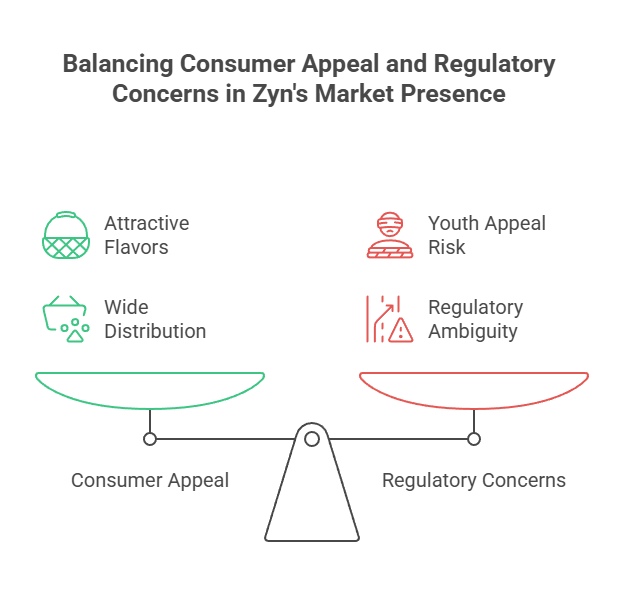
Zyn Ban United States: Which States Are Affected?
Now here’s where it gets even messier. South of the border, Zyn has had its own saga. Several U.S. states have either launched formal reviews or passed laws that make selling certain types of nicotine pouches—Zyn included—a regulatory headache.
Zyn Ban Utah
Utah’s relationship with nicotine has always been a bit like mixing oil and water—there’s just something about it that doesn’t quite sit right in the Beehive State. When it comes to Zyn, particularly flavored varieties like Zyn Citrus or Berry Frost, lawmakers in Utah took one look and decided to slam the brakes hard.The core issue wasn’t just about nicotine—it was about who might be reaching for these tins. With growing concerns about youth initiation, young people, and early adulthood exposure to nicotine, Utah regulators weren’t interested in waiting for a full federal decision. They moved quickly to restrict flavoured pouches and similar products at various retail locations, especially those near schools or colleges.What tipped the scale? A flurry of studies pointing out that brain development continues well into our twenties, and nicotine—being the charming little chemical that it is—has a knack for interfering with that process. Toss in bright packaging and bold flavors, and suddenly a pouch looks a lot less like a smoking cessation aid and more like a candy alternative with addictive properties.
Massachusetts Zyn Ban
Massachusetts didn’t tiptoe around the issue—it kicked the door down. In its ongoing battle to lower smoking rates and reinforce its public health policies, the state implemented some of the strictest flavored tobacco laws in the U.S. And Zyn, despite its smokeless and tobacco-free branding, got caught up in the same net.Once flavoured pouches were seen as a potential gateway to e-cigarettes, traditional tobacco, or long-term nicotine use, Massachusetts moved to wipe them from shelves. Berry Frost, Zyn Citrus, Spearmint—you name it—if it had a flavor, it was toast.
California Zyn Ban
The California Zyn Ban didn’t technically single out Zyn by name, but it sure felt that way. The flavor ban approved in 2022 cast a wide net, wiping out flavored tobacco and nicotine products across retail locations statewide. That meant any product with characterizing flavor—mint, citrus, coffee, fruit—was no longer welcome.The state’s main argument rested heavily on public health concerns. They weren’t just worried about traditional smokers—they were zeroed in on young adults, teens, and the role that flavored nicotine could play in long-term brain development problems. Even if Zyn didn’t contain tobacco smoke, the nicotine inside was still flagged for its addictive properties, especially when introduced during those key early adulthood years.zyn
Why Ban Zyn?
Well, it’s a mix of science, politics, and good old-fashioned fear of the unknown. At the heart of it, bans and restrictions around Zyn and similar products are driven by a big-picture concern: nicotine exposure among young people and how it shapes long-term health outcomes.Researchers argue that brain development isn’t finished until around 25, and nicotine—especially in clean, tasty, and easy-to-hide forms—can mess with everything from impulse control to memory. Combine that with colorful tins and flavors like Berry Frost and Zyn Citrus, and you’ve got a product that some say blurs the line between smoking cessation aid and snack.The public health angle sees these pouches not as harmless alternatives, but as potential entry points into nicotine addiction, especially for those who never smoked a day in their life. And for governments watching smoking rates drop while e-cigarettes and flavoured pouches rise, Zyn seems like a threat to that progress.On the regulatory side, it’s also about consistency. If the federal government is going to restrict flavors in cigarettes and vapes, how do you justify letting nicotine pouches skate by unregulated? Hence the bans, restrictions, and calls for brands to submit mock ups that don’t make the products look like gum or candy.
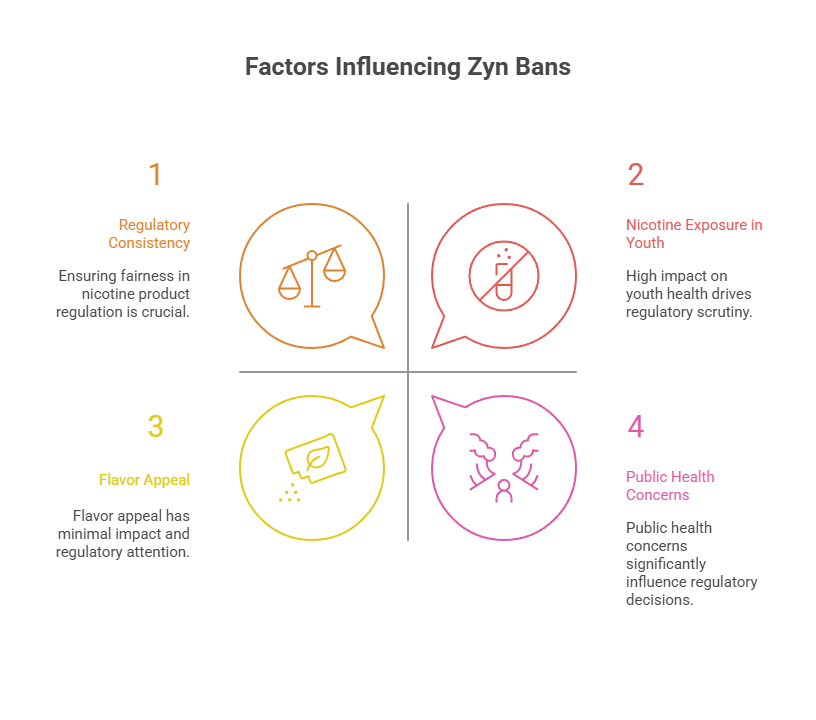
Frequently Asked Questions
Why was Zyn taken off the market?
Zyn wasn’t technically banned across the board, but it did vanish from a bunch of store shelves in Canada and the U.S. thanks to regulatory concerns and retail jitters. In Canada, nicotine pouches like Zyn raised eyebrows at Health Canada because of flavor options, nicotine strength, and the potential appeal to younger folks.
Were ZYNs FDA approved?
In the U.S., ZYN is sold as a recreational product, not as medicine, which puts it in a regulatory grey zone. However, the recent approval of these nicotine pouches from the FDA has put a lot more leeway in terms of marketing.
Are ZYNs banned in the US?
ZYN isn’t banned across the entire U.S., but it’s definitely on thin ice in a few spots. Several states, like California and Massachusetts, have passed sweeping flavor bans that include nicotine pouches with fruity or minty profiles.
Did California ban Zyn?
California’s big move was a flavor restriction approved back in 2022 that targeted all flavored nicotine products, including nicotine pouches.
Is ZYN officially banned?
No, ZYN isn’t officially banned on a federal level in either Canada or the U.S. But in both countries, nicotine pouches are under increasing scrutiny.
Summary
The so-called Zyn Ban isn’t as clear-cut as some headlines make it out to be. Between new regulations, flavor crackdowns, and debates over intended use, products like Zyn Spearmint, Tropic Breeze, and menthol-infused pouches have found themselves under the microscope. Regulators are eyeing everything from advertising tactics to unique flavors, especially in cases where these nicotine pouches are seen as targeting youth or being confused with other tobacco products.But let’s be real—many Canadians use small tins in small amounts to help people stop smoking, and deserve access to quality options without the guesswork.That’s where NativeSmokes4Less comes in. We carry the real deal—whether you’re looking for nicotine pouches, classic smokes, or a smooth cigar for the weekend. No sketchy stock, no confusion—just solid products, including Zyn, shipped right to your door.
